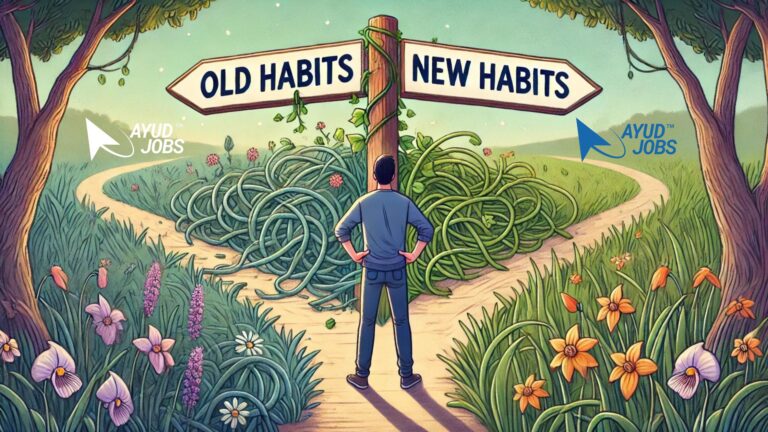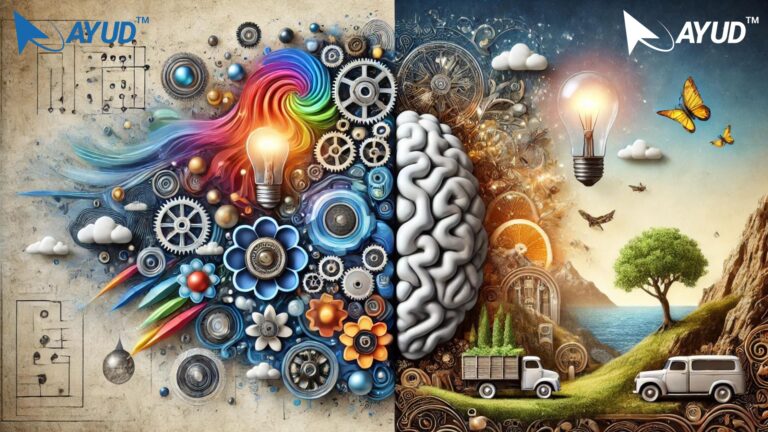Understanding Emotional Intelligence The Key to Personal and Professional Success
Introduction: What is Emotional Intelligence?
Emotional intelligence, often called EQ, is the ability to recognize, understand, manage, and influence emotions. Understanding Emotional Intelligence The Key to Personal and Professional Success. It is a skill that helps us navigate our own emotions while understanding and responding effectively to the emotions of others.
In simple terms, EQ is about being emotionally smart. It’s not just about IQ (Intelligence Quotient); it’s about how we handle ourselves and our relationships.
Imagine this: You’re in a heated argument with a close friend. Instead of shouting back, you take a deep breath, listen, and respond calmly. That’s emotional intelligence at work.
Why is Emotional Intelligence Important?
Emotional intelligence impacts every aspect of our lives:
Better Relationships
EQ helps build stronger bonds. You understand others’ feelings, which fosters trust and empathy.
Career Growth
Many employers value EQ over technical skills. A team player with high EQ can lead and inspire better than someone with just technical knowledge.
Personal Well-being
It reduces stress and improves mental health. When you manage emotions well, you feel balanced and in control.
5 Key Components of Emotional Intelligence
Self-awareness
Recognizing your emotions and their impact.
Example: Realizing you’re angry before you lash out.
Self-regulation
Managing your emotions in a healthy way.
Example: Taking a break when you feel overwhelmed.
Motivation
Staying positive and focused on goals despite challenges.
Example: Pushing through a tough project with optimism.
Empathy
Understanding and sharing others’ feelings.
Example: Comforting a friend in distress.
Social Skills
Building strong interpersonal connections.
Example: Resolving conflicts through clear communication.
Real-life Story: Emotional Intelligence in Action
Meet Sarah, a project manager in a tech firm. Her team faced a massive setback when a key project failed. Instead of blaming her team, Sarah used her EQ. She acknowledged their disappointment and encouraged open discussions about what went wrong. By showing empathy and staying composed, Sarah turned the failure into a learning opportunity.
Her team felt motivated to work harder and achieved remarkable success in their next project. Sarah’s EQ not only saved her team’s morale but also boosted their productivity.
How to Develop Emotional Intelligence
Improving EQ is a journey. Here’s how you can get started:
Practice Self-awareness
Keep a journal of your emotions. Reflect on what triggers them.
Learn to Self-regulate
Use techniques like deep breathing or meditation when stressed.
Cultivate Empathy
Actively listen to others. Ask questions to understand their perspective.
Work on Communication
Use “I” statements to express feelings without blaming others.
Seek Feedback
Ask trusted friends or colleagues for feedback on your emotional responses.
The Role of Emotional Intelligence in Everyday Life
At Work
EQ can help you handle office politics, resolve conflicts, and inspire teams.
Example: Instead of reacting defensively to criticism, listen and learn.
In Relationships
High EQ promotes healthier relationships by fostering understanding and respect.
Example: Apologizing sincerely when you’ve hurt someone.
For Mental Health
Emotional intelligence helps in managing anxiety and stress, leading to better overall well-being.
Tools and Resources to Enhance Emotional Intelligence
Books
Emotional Intelligence 2.0 by Travis Bradberry
Dare to Lead by Brené Brown
Apps
Headspace (for mindfulness)
Moodpath (for emotional tracking)
Workshops and Courses
Online EQ courses on platforms like Ayud Career Booster, Udemy or Coursera.
The Science Behind Emotional Intelligence
Studies show that people with high EQ tend to perform better at work and enjoy more fulfilling personal lives. Research also links emotional intelligence to reduced stress levels and improved decision-making.
The Ripple Effect: Impact of Emotional Intelligence
Developing EQ doesn’t just help you—it influences everyone around you. Your calm demeanor can inspire a tense colleague to relax. Your empathy can comfort a grieving friend. Over time, these small acts create a ripple effect of positivity.
Conclusion
Make Emotional Intelligence Your Superpower
Emotional intelligence isn’t about suppressing emotions. It’s about understanding, managing, and using them wisely. Like Sarah in our story, you can transform setbacks into growth opportunities with EQ. Understanding Emotional Intelligence The Key to Personal and Professional Success.
Start small. Practice mindfulness, listen more, and communicate better. With time, you’ll notice profound changes in your life and the lives of those around you.
#EmotionalIntelligence #EQMatters #EmotionalWellness #SelfAwareness #MindfulnessMatters #PersonalGrowth #EmpathyInAction #MentalHealthAwareness #LeadershipSkills #RelationshipGoals #WorkplaceWellness #LeadershipDevelopment #CareerGrowth #SoftSkills #EmotionalHealth #TeamBuilding #EffectiveCommunication #ConflictResolution #SelfImprovement #InnerGrowth #LifeSkills #StayPositive #GrowthMindset #SuccessHabits #InspirationDaily #MindsetShift #MentalHealthMatters #BalanceBetweenHeartAndMind #HumanConnection #StressManagement #WellnessJourney #ayud #ayudjobs #askayud #MultiLanguageSupport #ResumeBuilder #gotestit #ayudian #ayudblog #ayudcareer #EdTech #EdTech #EducationTechnology #DigitalLearning #OnlineEducation #FutureOfEducation #TechInEducation #SmartLearning #EdTechSolutions #LearningInnovation #21stCenturySkills #EmotionalIntelligence #EQMatters #SelfAwareness #EmpathyInAction #PersonalGrowth #MindsetShift #EmotionalHealth #LeadershipSkills #BetterRelationships
How to Use Ayud : A Comprehensive Guide
Join our what’s app channel for timely updates
Click here to install Ayud Jobs App from Playstore







